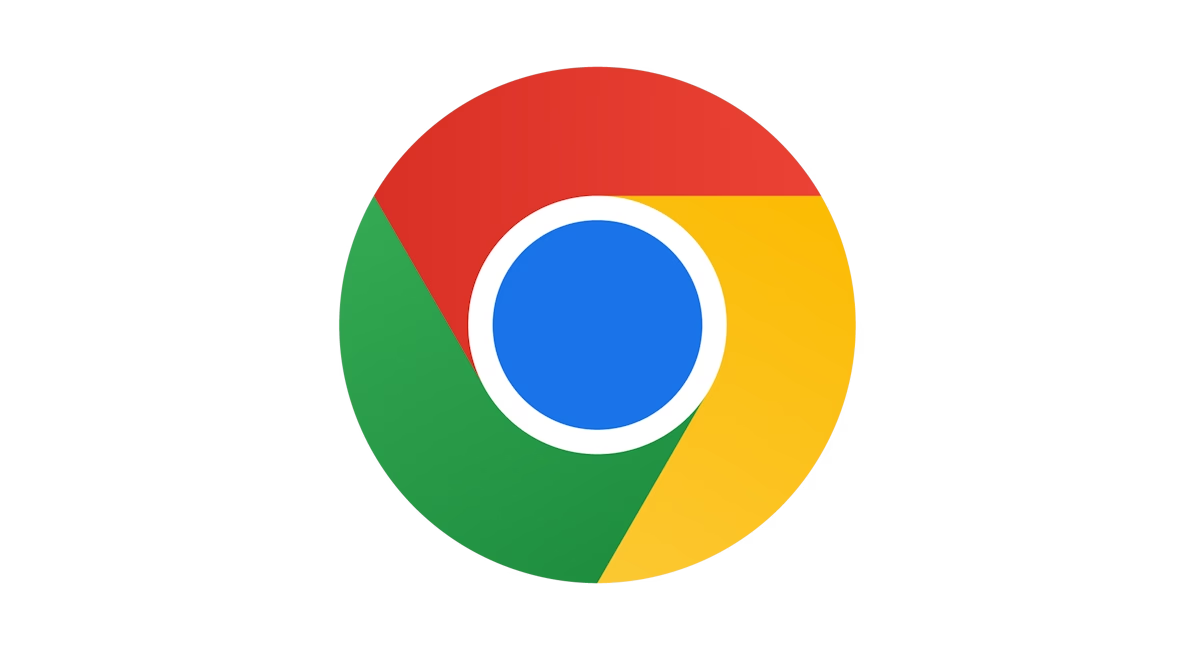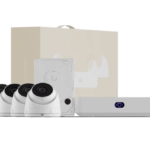In the most consequential antitrust decision for Big Tech since the government took on Microsoft two decades ago, a federal judge has ruled that Google won’t have to sell off its prized Chrome browser. While the tech giant dodged the corporate death penalty, U.S. District Judge Amit Mehta did impose new rules on Tuesday aimed at prying open Google’s iron grip on the search market, banning the exclusive deals that have cemented its 90% market share.
Key Takeaways
- No Breakup, For Now: Google gets to keep its hugely popular Chrome browser and Android operating system. The judge ruled that forcing a sale would be an “incredibly messy and highly risky” remedy that was a “poor fit for this case.”
- The End of Exclusivity: Google is now barred from signing exclusive contracts that make its Search, Chrome, Google Assistant, or Gemini AI the default choice on phones and other devices. However, it can still pay partners like Apple billions to be the default, as long as the deal isn’t exclusive.
- Forced (But Limited) Data Sharing: The company must share some of its search index and user-interaction data with “qualified competitors.” Crucially, it does not have to share its most valuable advertising data.
- A ‘Monster Win’ or A Slap on the Wrist? Google and Wall Street celebrated the news, with Alphabet’s stock jumping over 7%. But competitors like DuckDuckGo called the remedies a failure, arguing they won’t be enough to foster real competition.
Google Breathes a Collective Sigh of Relief
For Google, this ruling is a massive win that sidesteps the existential threat of a forced breakup. The Department of Justice had argued that the only way to restore competition was to force Google to divest Chrome, the browser it calls the “gateway to the internet” and the source of nearly 40% of its U.S. search traffic.
Judge Amit Mehta disagreed. In his more than 200-page ruling, he concluded that while Google had illegally maintained its monopoly, a forced divestiture was a step too far. He wrote that the court’s task is to distinguish between illegal anticompetitive acts and “growth or development as a consequence of a superior product, business acumen, or historic accident.” Ultimately, he could not find that Google’s dominance was “sufficiently attributable to its illegal conduct to justify divestiture,” as reported by NPR.
Investors clearly saw this as a victory, sending Alphabet’s stock soaring. The decision ensures Google’s core business model—a feedback loop between its dominant search engine, browser, and mobile OS—remains intact.
The New Rules of the Game
While Chrome is safe, Google isn’t walking away completely unscathed. The ruling imposes a new set of “behavioral remedies” that will be overseen by a technical committee for the next six years.
The most significant change is a ban on exclusivity. Google has famously paid enormous sums—reportedly over $20 billion to Apple alone in 2022—to be the default search engine on iPhones and other devices. The judge noted that since most users stick with the default, these placements are “extremely valuable real estate” that effectively locked out rivals.
Under the new rules, Google can still write those checks, but Apple, Samsung, and others will now be free to pre-load or promote rival search engines, browsers, or AI assistants alongside Google’s products. It’s a subtle but important shift. Analyst Dan Ives called this a “monster win” for both Google and Apple, as it allows their lucrative partnership to continue and potentially deepen with AI products like Gemini.
Furthermore, Google will now have to share a limited set of its search index and user-interaction data with “qualified competitors,” a move designed to help smaller players improve their own search results.
The Looming Shadow of AI
The spectacular rise of generative AI since this case began in 2020 loomed large over the proceedings. Judge Mehta noted that AI “may yet prove to be a game changer,” and the “astonishing” amount of money flowing into competitors like OpenAI and Anthropic gave him “hope that Google will not simply outbid competitors for distribution if superior products emerge.”
The DOJ had argued that Google could use its search monopoly to unfairly dominate the burgeoning AI space. While the judge acknowledged this risk by including Google’s Gemini AI in the ban on exclusive deals, he ultimately took a more conservative approach.
However, the ruling was a disappointment for publishers, who have argued that Google’s AI Overviews are eating into their website traffic by summarizing their content. The judge decided that forcing Google to change how it uses publisher content “bears no relationship to Google’s unlawful acts.” Danielle Coffey, CEO of the News/Media Alliance, lamented that this creates a “no-win scenario that will continue to harm publishers.”
Why It Matters
This case is about more than just Google. It’s a landmark decision that sets the tone for how the U.S. government will police its most powerful technology companies. The outcome—no breakup, but behavioral guardrails and oversight—is reminiscent of the 2001 settlement in the U.S. v. Microsoft case, which served as a roadmap for this one.
While Google avoided the worst-case scenario, legal experts believe the ruling will still have a “chilling” effect on its future conduct, as noted by Politico. The company is now under a six-year microscope and faces another major remedies trial for its ad-tech monopoly later this year.
For consumers, the tangible impact may be minimal at first. But the ruling cracks open the door for competitors. The question is whether a ban on exclusivity is enough to help rivals like DuckDuckGo gain a meaningful foothold when Google can still pour billions of dollars into securing that all-important default spot. As DuckDuckGo CEO Gabriel Weinberg stated, “consumers will continue to suffer” unless Google is forced to “compete on a level playing field.”
Conclusion
This legal saga is far from over. Google has indicated it has “concerns” about the ruling and an appeal is widely expected, which could drag the case out until 2027 or 2028. For now, Google has defended its mothership, but it will have to learn to navigate in slightly more contested waters. The real test will be whether these new rules are enough to let a few other boats leave the harbor.
Sources
- CNET: Judge Rules Google Can Keep Chrome but Must Stop Exclusive Search Deals
- Adweek: Google Antitrust Ruling: Search Giant Avoids Breakup With Softer Remedies
- NPR: In DOJ antitrust case, judge rules Google doesn’t have to sell Chrome
- TechCrunch: Google avoids DOJ breakup, but faces new business mandates in search antitrust trial
- BBC: Google wins battle to keep Chrome in anti-monopoly case
- LA Times: Google can keep its Chrome browser, judge rules, rejecting DOJ’s biggest ask
- MediaPost: Google’s ‘GAI’ Created Unknowns In Judge’s Search Remedy Decision
- Politico: Google dodges a $2.5T breakup







